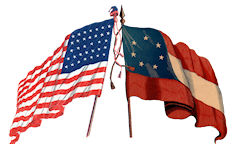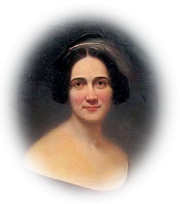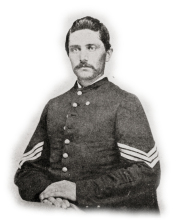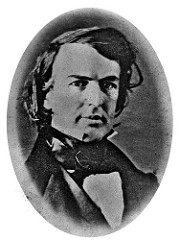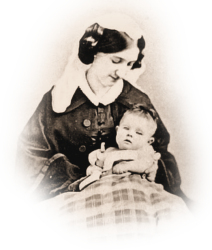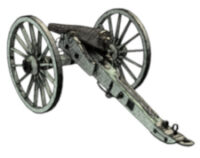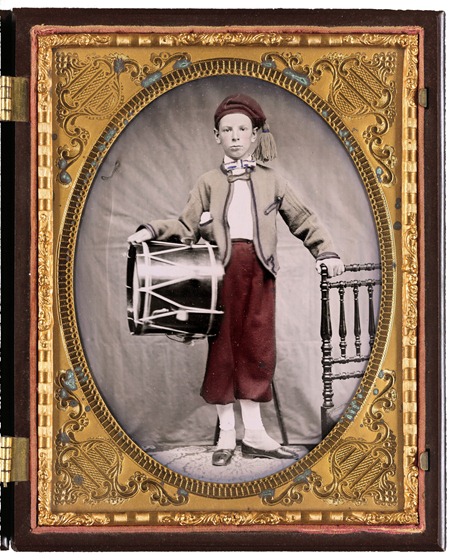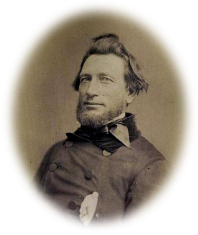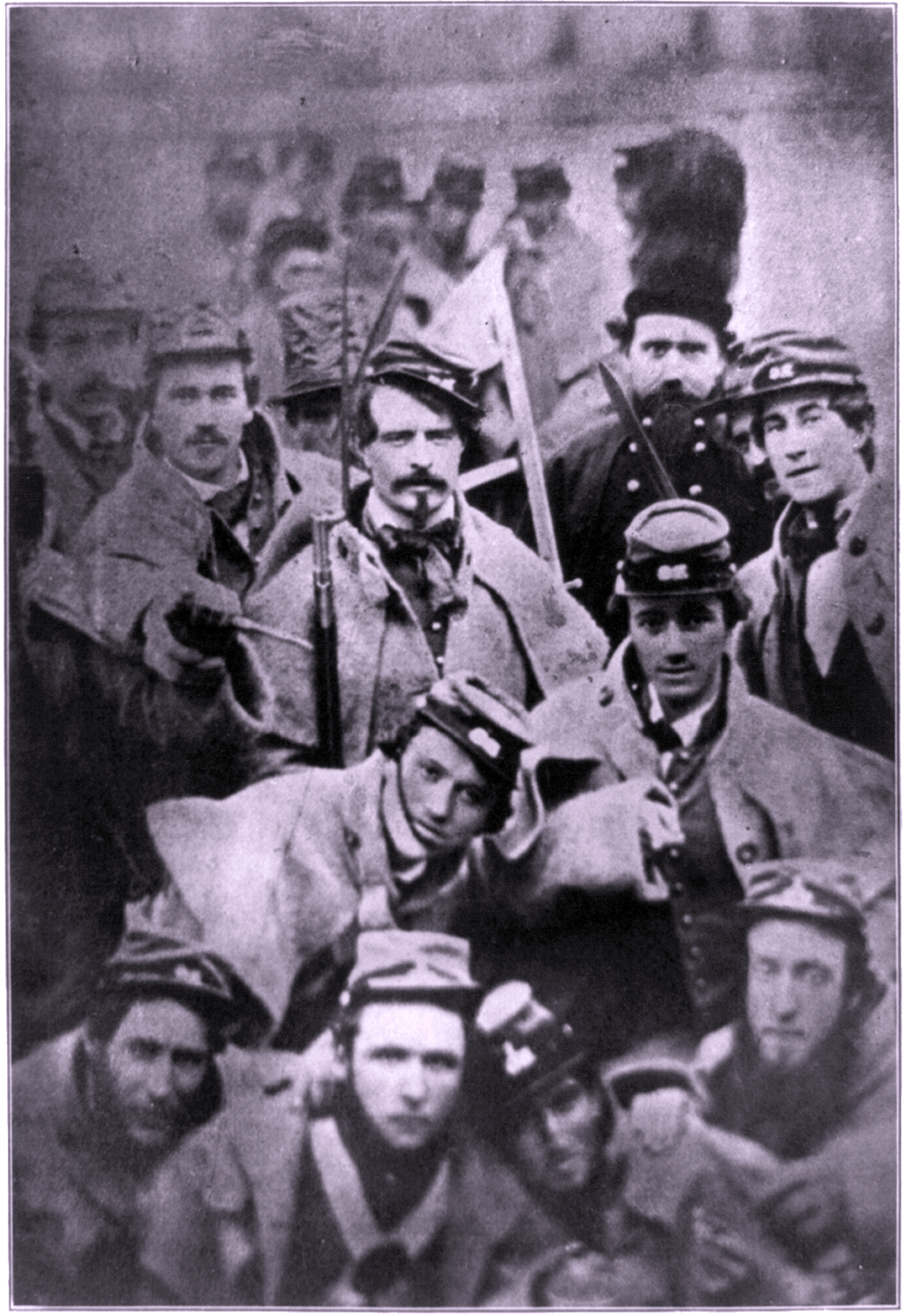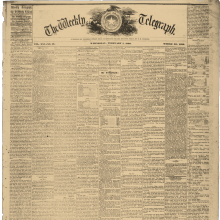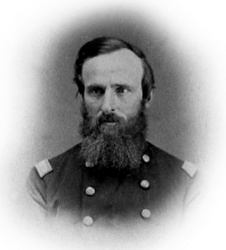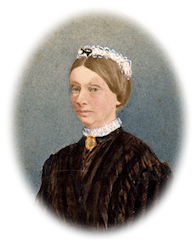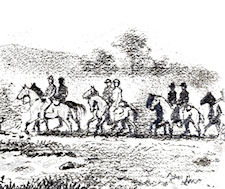September 3.–The Pensacola (Fla.) Observer gives the particulars of the burning of the dry-dock there as follows:
The dry-dock, originally intended to have been sunk in the channel to obstruct the passage of war steamers into our harbor, but which, from necessity, not choice, was sunk in the bay, about midway between Pickens and the yard, was burned to the water’s edge last night. Who the perpetrators of this act were, is solely a question of speculation, as we go to press, though the Yankees have the general credit of it. Upon this point, however, we soon will be fully enlightened, but upon the point that we have lost over half a million of dollars by the operation our mind is perfectly clear and settled.
–Charles Henry Foster, Union member of Congress from North Carolina, arrived at Philadelphia, Pa., to-day, en route for Washington, to confer with the administration upon affairs connected with his State. Rebel scouts lay in wait for him in Virginia, whose vigilance he successfully eluded.–N. Y. Times, Sept. 4.
–The President of the United States made the following appointments of Brigadier-Generals : Captain George C. Meade, of the Topographical Engineers; Major Lawrence P. Graham, of the Dragoons, a Virginian by birth, and breveted for gallantry in Mexico; Colonel Abercrombie; Colonel Biddle; Colonel Duryea; Colonel Casey, who is lieutenant-colonel by brevet in the regular army; Hon. William A. Richardson, of Illinois; Eleazer A. Paine, of Illinois; Justus McKinstry, assistant quartermaster of the Army; O. O. Howard, of Maine; Charles D. Jameson, of Maine; A. McD. McCook, of Ohio; Ebenezer Dumont, of Indiana; Robert H. Milroy, of Indiana; Lewis Wallace, of Indiana.–Phila. Inquirer, September 4.
–This morning, Captain Julius L. Ellis, of the Seventy-first regiment, N. Y. S. M., and son of Dr. Samuel C. Ellis, died at his father’s residence, in Second Avenue, New York City, of a wound received when leading his company at the battle of Stone Bridge. It is a significant fact that five of Dr. Ellis’s sons fought under the Stare and Stripes at Stone Bridge. [continue reading…]

